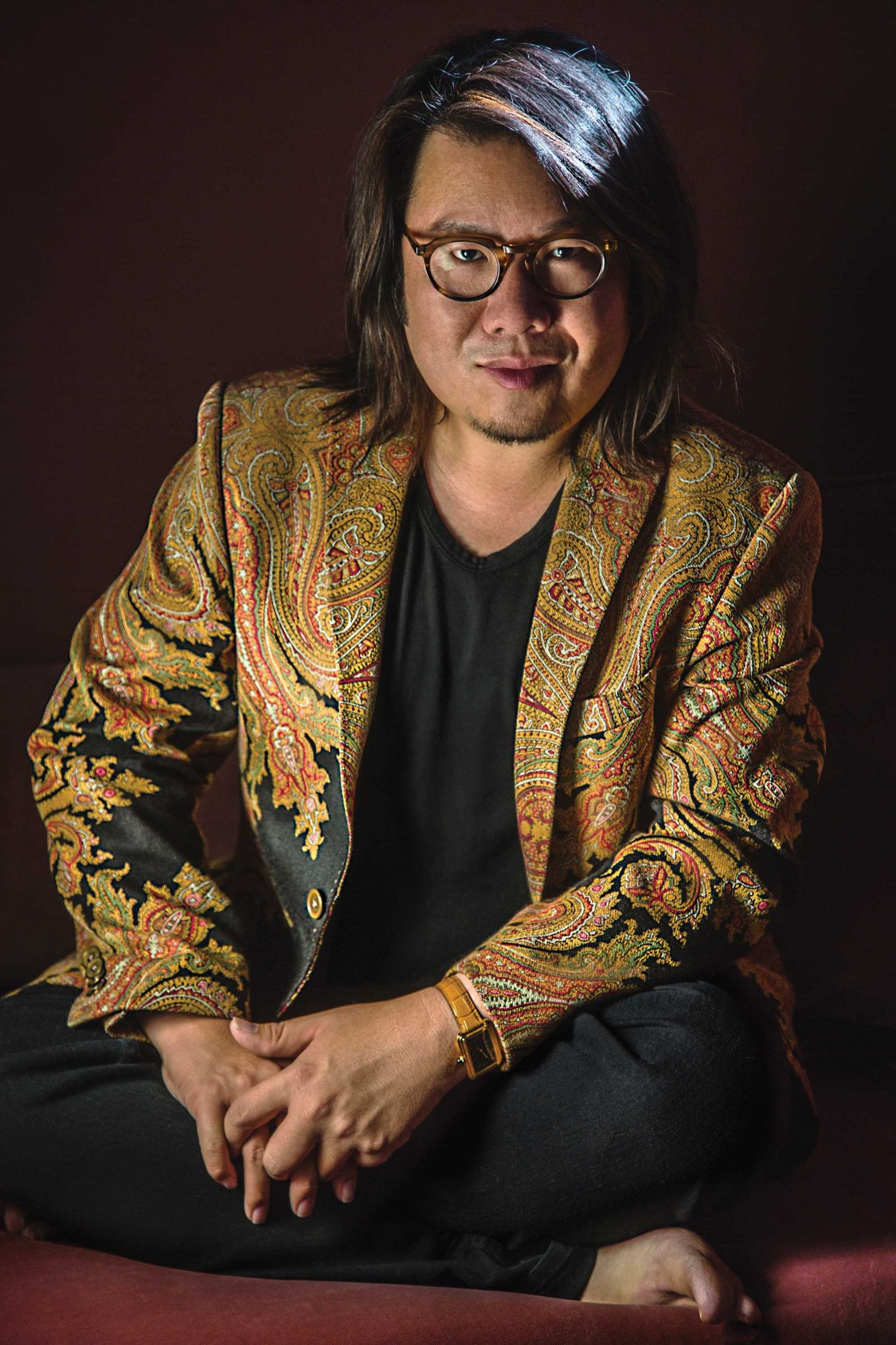
When in April Time magazine named Crazy Rich Asians author Kevin Kwan as one of its Most Influential People of 2018, actress Constance Wu cut straight to the heart of the trilogy’s success in the testimonial she wrote for the magazine. “[Kevin] doesn’t focus on making Asians cool; he focuses on making our stories whole. The bits we’re proud of, the bits we try to hide, the tremendous heart that beats underneath it all.”
Wu—who plays Rachel Chu in the Hollywood film adaptation, which premiered this month—is right, for the Crazy Rich Asians saga is set in a milieu that was never explored in fiction until the first book was published in 2013. “No one else was writing social satires about the upper class of contemporary Asia,” affirms Kevin.
“But then the characters, their emotions and their stories ended up being so relatable, and that is what kept readers hooked. I am often approached by people saying, ‘My family isn’t Asian or rich, but we are just like the family in your books. We are just as crazy.’”








